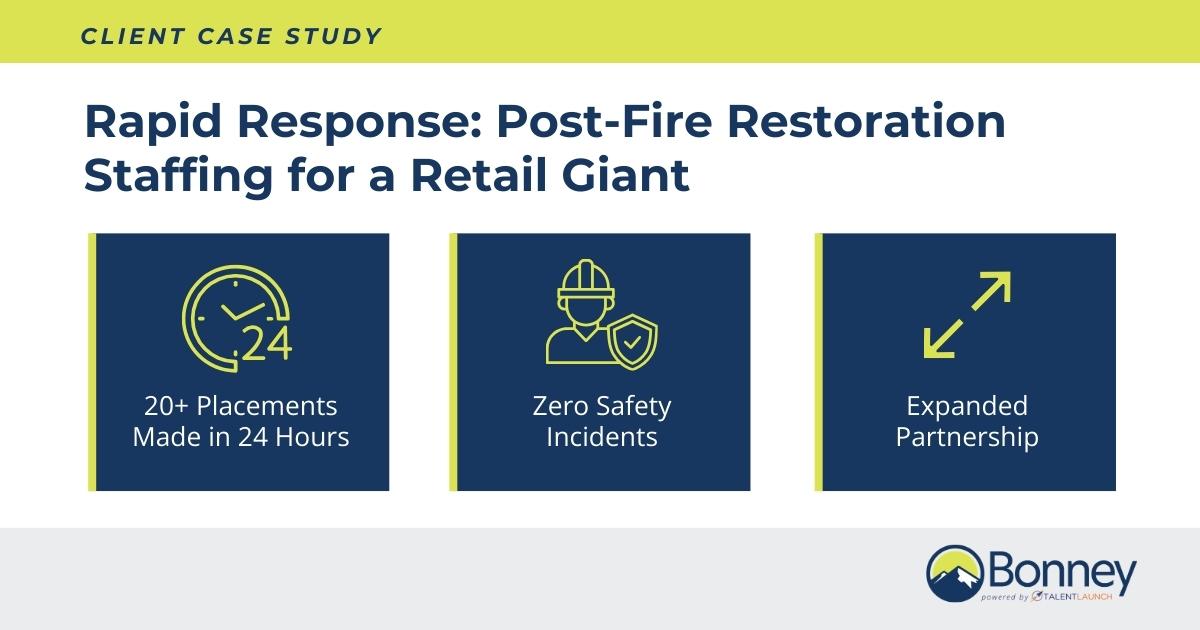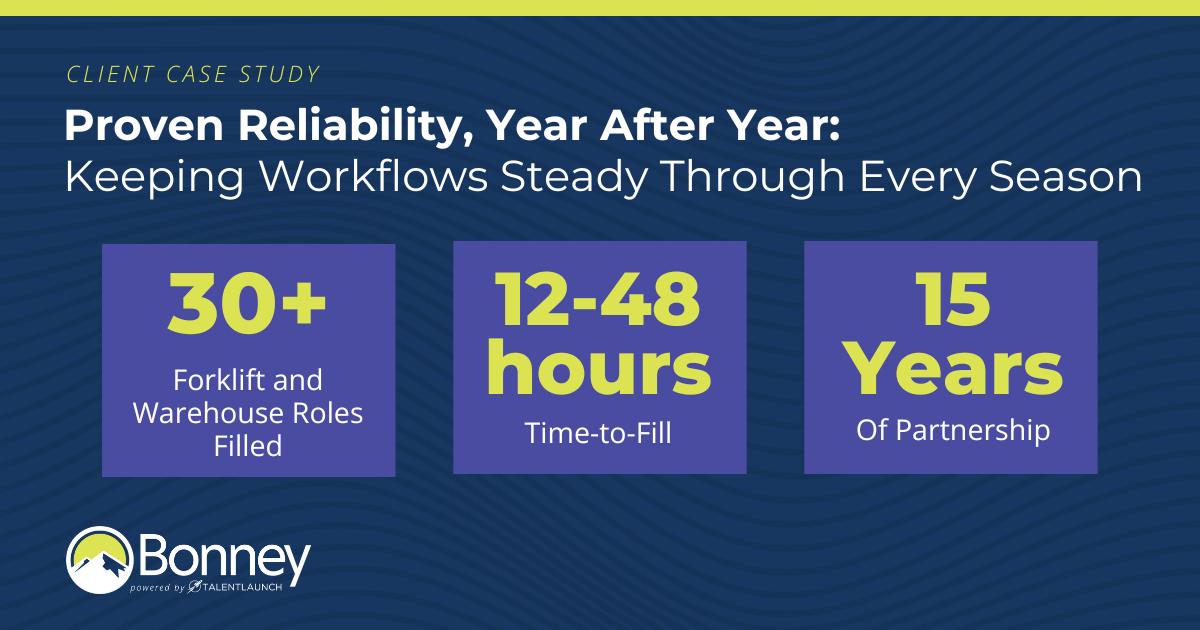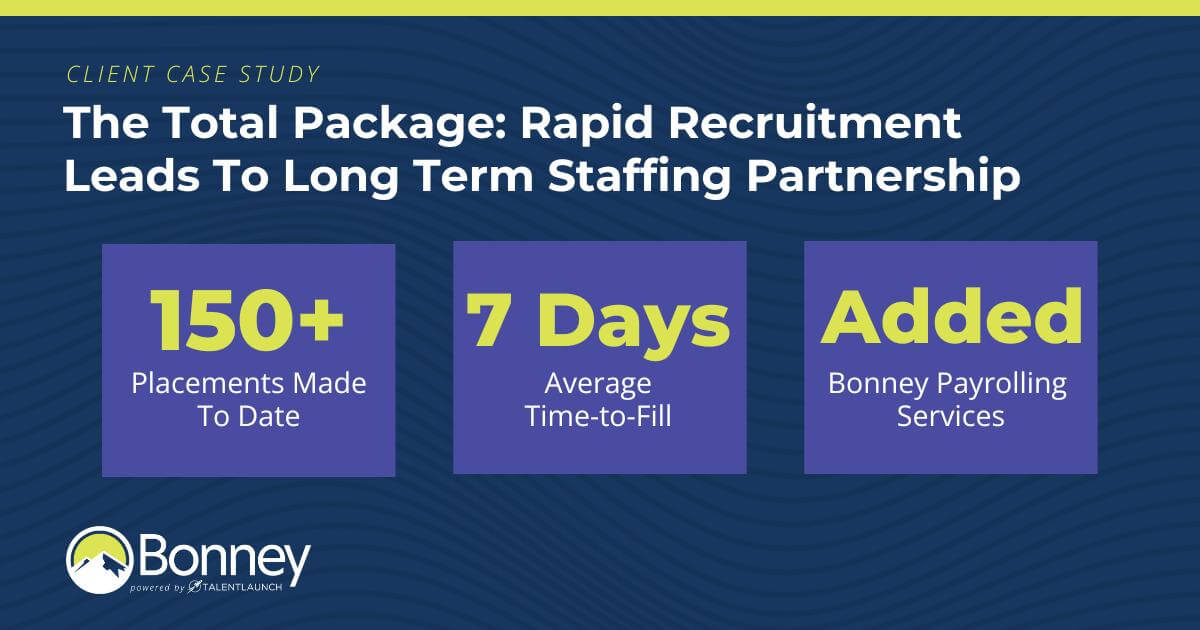Hiring employees is time-consuming and extremely costly. In growing businesses or in industries with high turnover that are stuck in a constant cycle of hiring, those costs can be astronomical. The more time spent interviewing candidates, the more money you’re throwing out the window. Companies that find themselves in a constant hiring cycle often try to control costs by minimizing interview time. It’s common to find a 30-minute limit to interviews in many organizations. However, when you’re pressed for time, it’s difficult to really get to know a candidate. So, just how can you identify workers during such short interviews?
Set The Tone Immediately
You don’t have a lot of time to learn about a candidate in a short interview, so set the tone in the first five minutes. Introduce yourself, explain that you’ll be moving quickly and set the agenda. Allow 15 minutes for you to ask the candidate questions and then 10 minutes for the candidate to ask his or her questions.
Dive In With Your Key Questions
Once you’ve set the tone, dive right in, and ask your most important questions. Those questions will be different for every position, so it is crucial that you have a firm grasp on the precise skills and personality traits you’re looking for so you can focus your time on those areas.
No matter the position, however, make sure you also ask questions that focus on the candidate’s coachability, their ability to work under pressure, ability to work as part of a team, their time management strategies, their preferred work environment and management style and their ethical standards. These are essential qualities in every job and in every industry.
Allow Time For the Candidate To Ask Questions
When you get through your list of questions and follow-ups, open the floor to the candidate to ask questions. You can gain a lot of additional insight during this phase of the meeting. Candidates that don’t ask questions are either uninterested in the job or are unprepared for the interview. Look for thoughtful questions that show the candidate is trying to picture what it will be like to work for your team and your company.
Always pay attention to whether or not a candidate asks about next steps. It’s an easy question to forget, but people who are truly interested in and excited about the job won’t want to leave without knowing what comes next.
Follow Through With Reference Checks
Many companies zip through the reference check phase as a mere formality, however, taking just a few minutes to ask references crucial questions can help lead you to a stronger hiring decision. References can verify claims of skills and achievements, and they can provide much-needed detail on a candidate’s personality and approach to work. If you can’t get this information from a candidate’s list, ask them to provide you with a few more.
Are You Looking For Talent?
If you are looking for innovative workforce management and staffing solutions that will help improve recruiting, hiring and retention at your business, contact the experts at Bonney Staffing today. We can help connect you to the talent you need to succeed.




